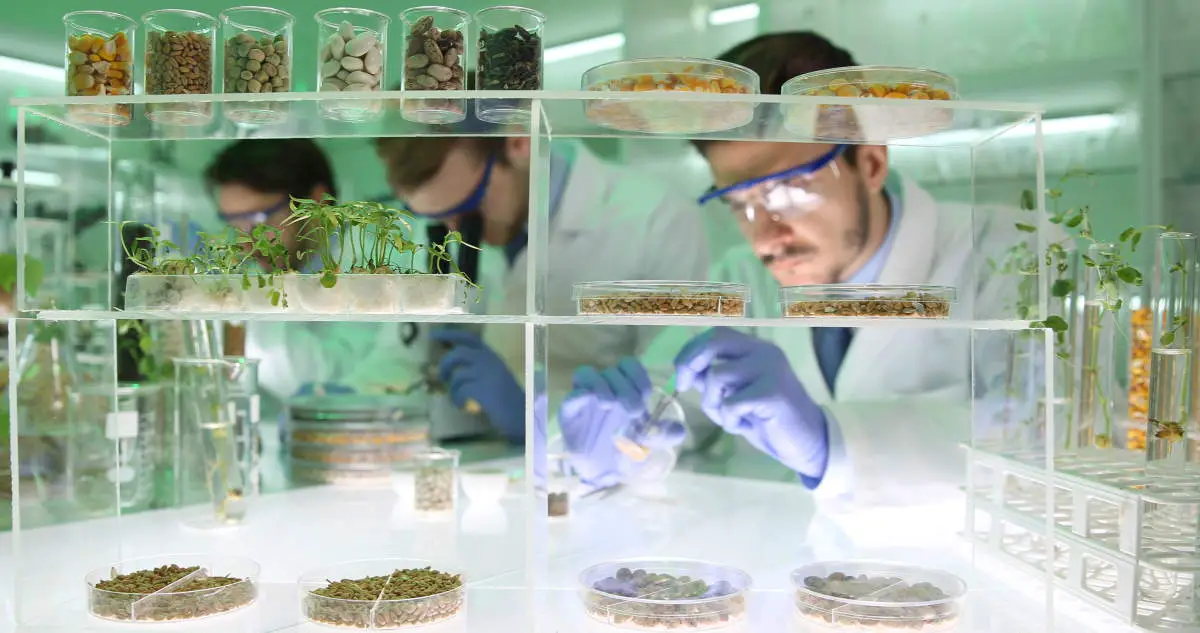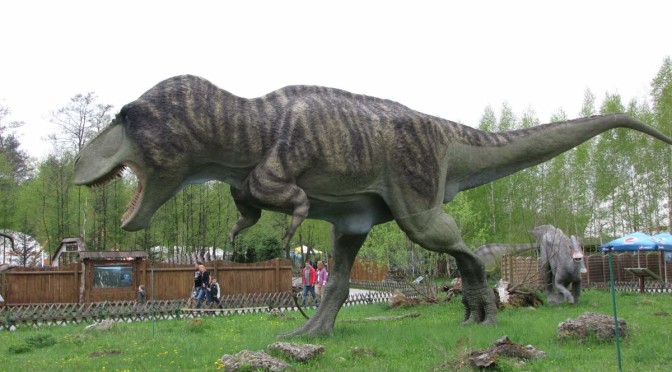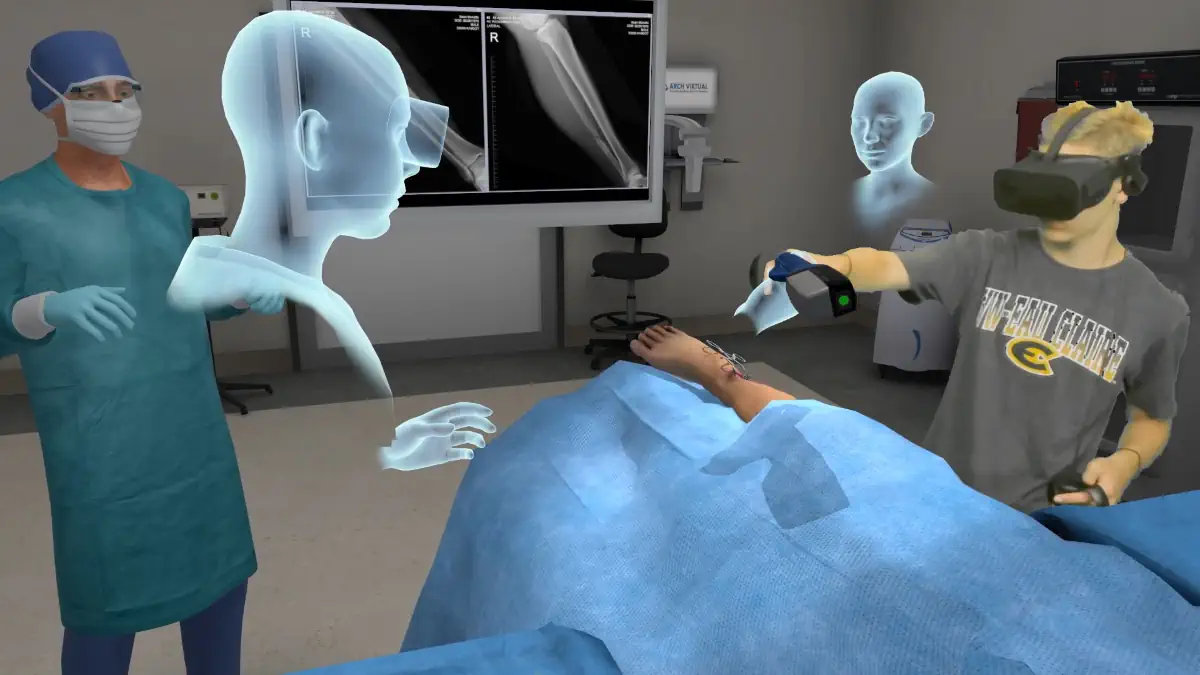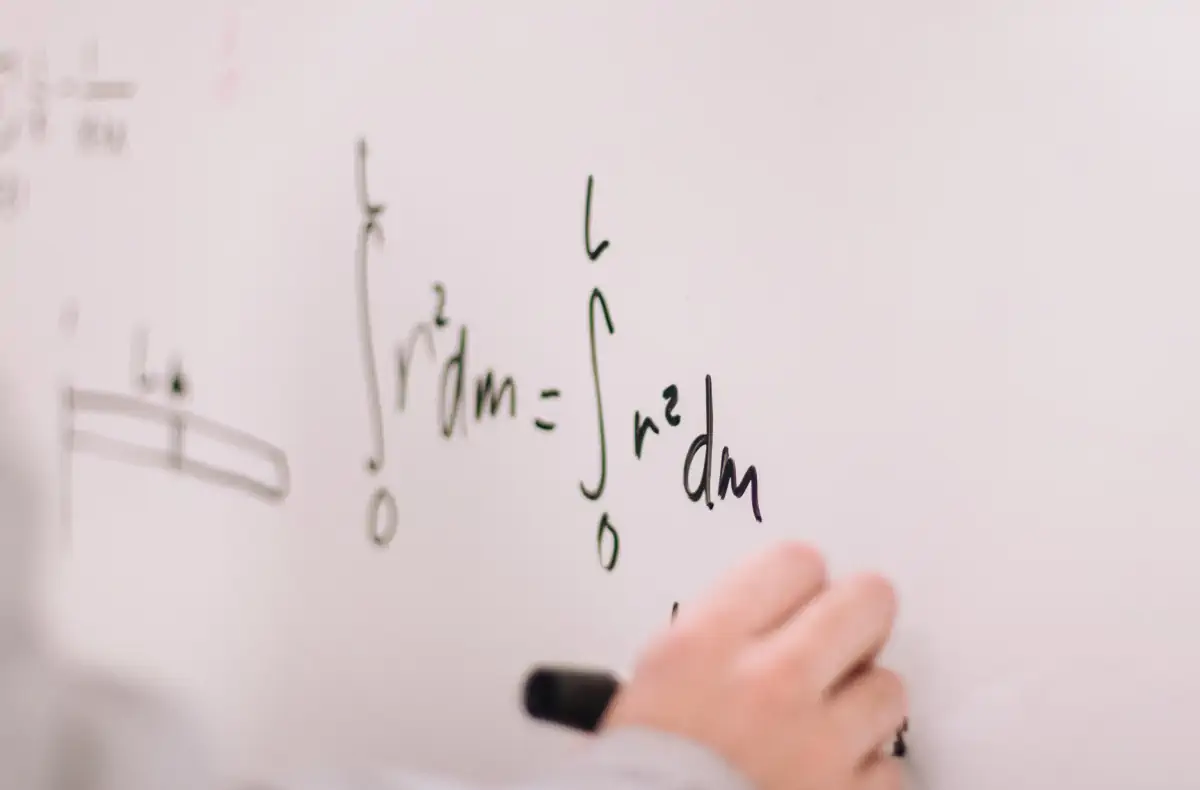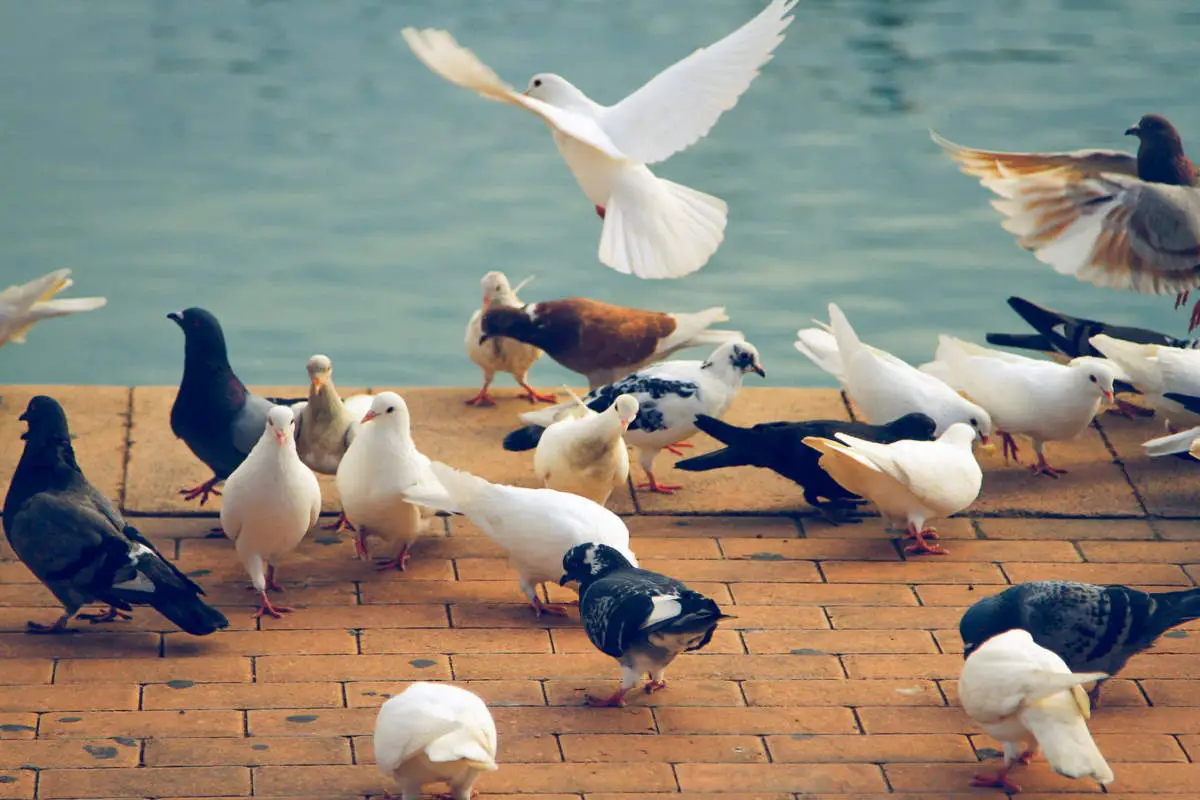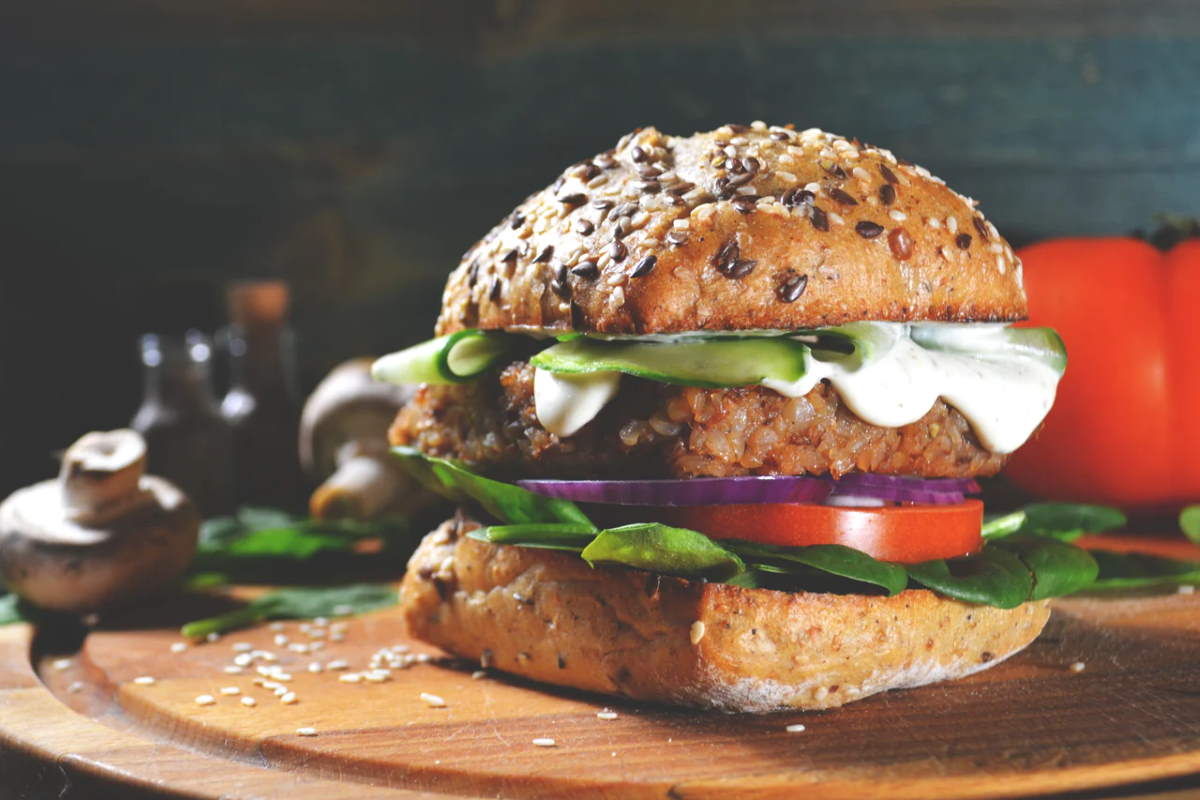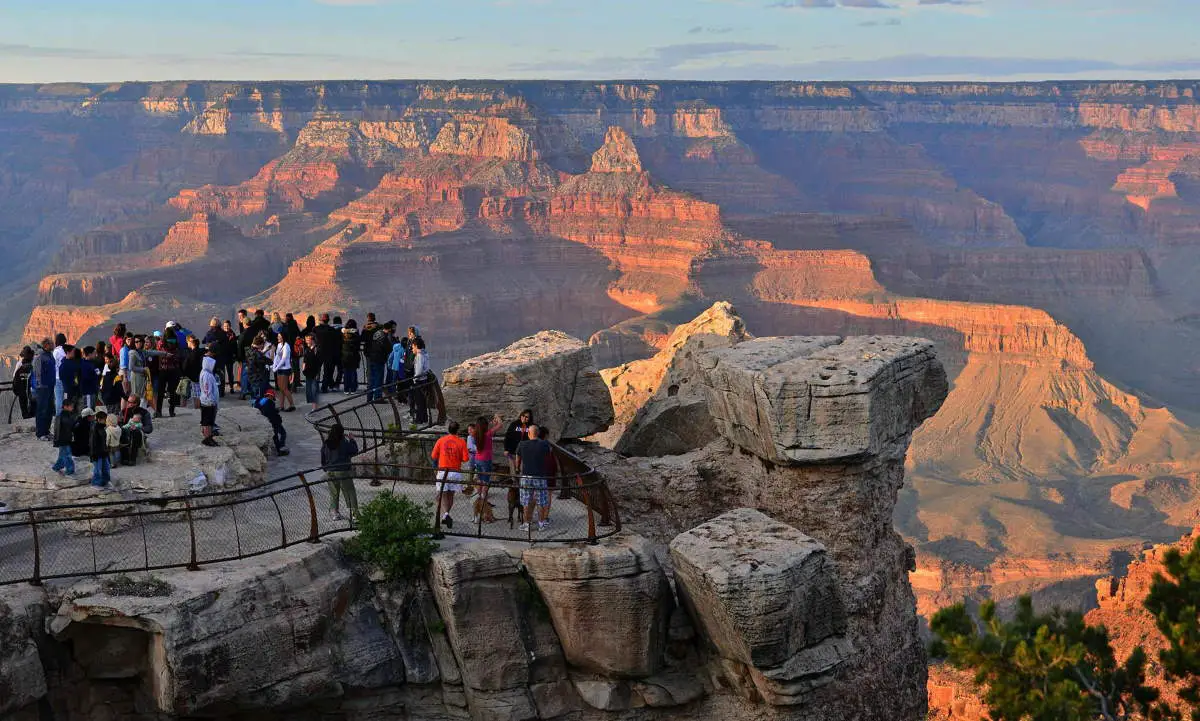Trees are among the most remarkable living organisms on Earth, silently supporting life in countless ways. From producing the oxygen we breathe to stabilizing ecosystems and providing shelter for diverse species, trees are essential to our planet’s health. But their significance goes beyond environmental benefits – trees have inspired cultures, shaped history, and even revolutionized modern science. With over 60,000 species worldwide, each with unique traits and ecological roles, trees continue to amaze us with their resilience and diversity. Here are the most amazing tree facts.

